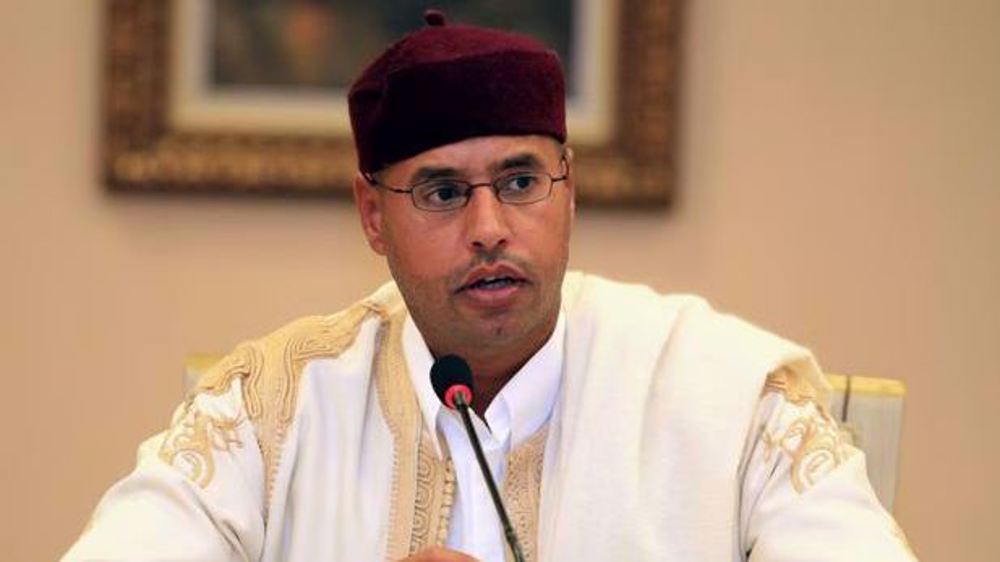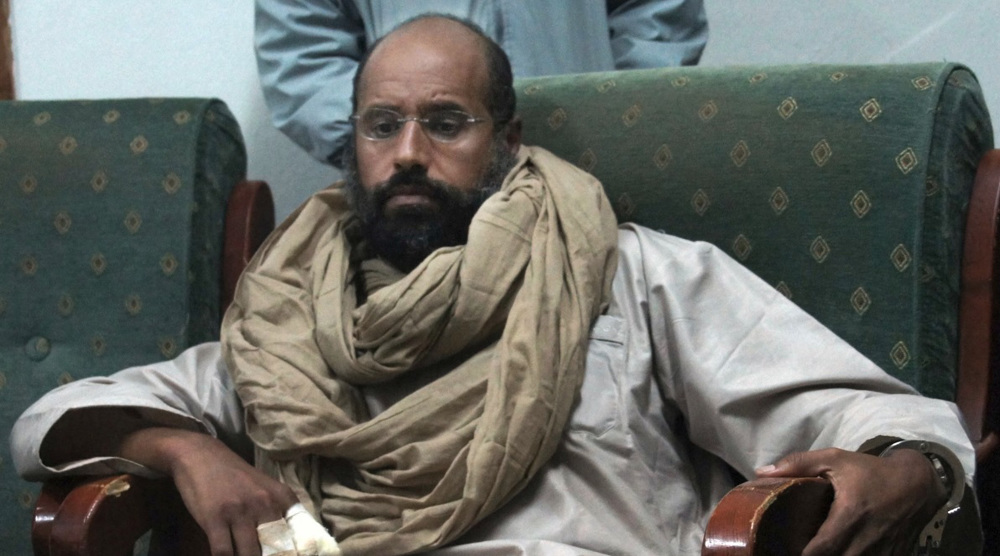First direct talks between Libyan rivals to be held in Tunisia next month: UN
The United Nations mission in Libya (UNSMIL) has announced that the first in-person political talks between the North African country’s rival authorities will take place in Tunisia next month.
The UNSMIL said in a statement that Tunisia will host "the first face-to-face meeting" of the Libyan Political Dialogue Forum (LPDF) "in early November, following preparatory virtual consultations".
The UN mission said the dialog will aim “to generate consensus on a unified governance framework and arrangements that will lead to the holding of national elections in the shortest possible time-frame.”
Participants in the dialogue will be drawn from “key Libyan constituencies... and with a firm commitment to the meaningful participation of Libyan women and youth", the statement added.
The UNSMIL also said it will strive to ensure “broad consultations, transparency, and a rights-based approach during this Libyan-led and Libyan-owned process in which multiple voices will be heard”.
Libya plunged into chaos in 2011 when a popular uprising backed by a NATO intervention led to the ouster of long-time leader Muammar Gaddafi.
Since 2014, two rival seats of power have emerged in Libya, namely UN-backed Government of National Accord (GNA), headed by Prime Minister Fayez al-Sarraj, and another group under renegade general Khalifa Haftar’s command and based in the eastern city of Tobruk, which is supported militarily by forces loyal to him, known as the Libyan National Army (LNA).
The strongman, supported by the United Arab Emirates, Egypt, and Jordan, launched a deadly offensive to capture Tripoli, the seat of the GNA, last April. His forces, however, haven’t been able to advance past the city’s outskirts.
Turkey has been of significant help to the Tripoli-based government in its defense against Haftar’s LNA.
International attempts to bring about peace between the two warring sides have failed.
Back in September, representatives from Libya’s rival administrations held a meeting hosted by Morocco to discuss peace in the conflict-ridden country.
The closed-door talks, dubbed "Libyan Dialogue”, were held at the initiative of Morocco, which also hosted peace talks in 2015 that led to the creation of the Tripoli-based GNA.
The rival administrations announced separately on August 22 that they would cease all hostilities and hold nationwide elections, drawing praise from world powers.
Also at a January summit in the German capital city of Berlin, the main countries involved in the Libyan conflict agreed to respect an arms embargo and to stop interfering in Libya's domestic affairs.
Hamas rebukes Trump's 'Board of Peace' meeting
Iran and Saudi FMs discuss outcomes of latest indirect Iran-US talks
VIDEO | Maritime anti-terrorism drill
UK's police arrest ex-prince Andrew over sex scandal linked to Epstein
Iran elected vice-chair of UN Special Committee on Charter
Iran envoy says decision made to exchange ambassadors with Egypt
Russia continues to develop relations with Iran: Kremlin
VIDEO | Friends of Palestine meet at UN in Vienna
















 This makes it easy to access the Press TV website
This makes it easy to access the Press TV website